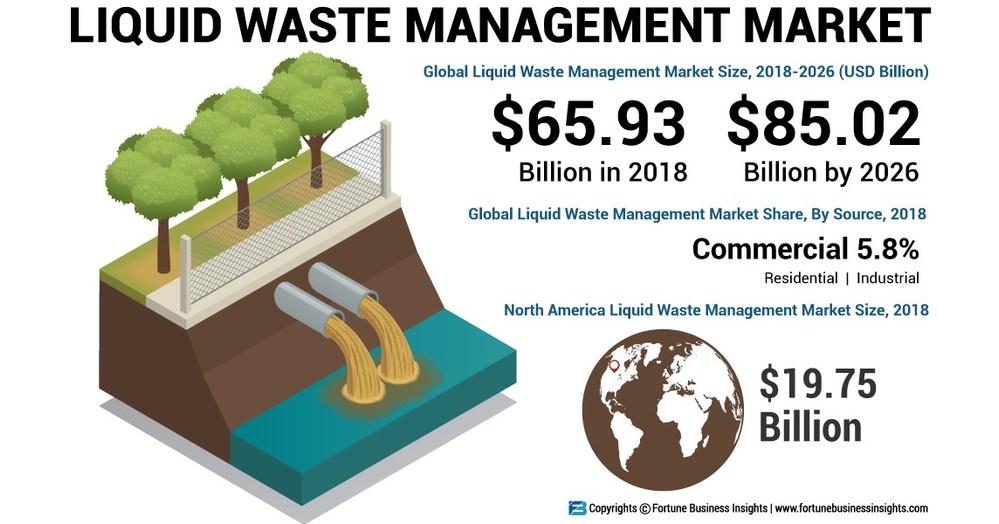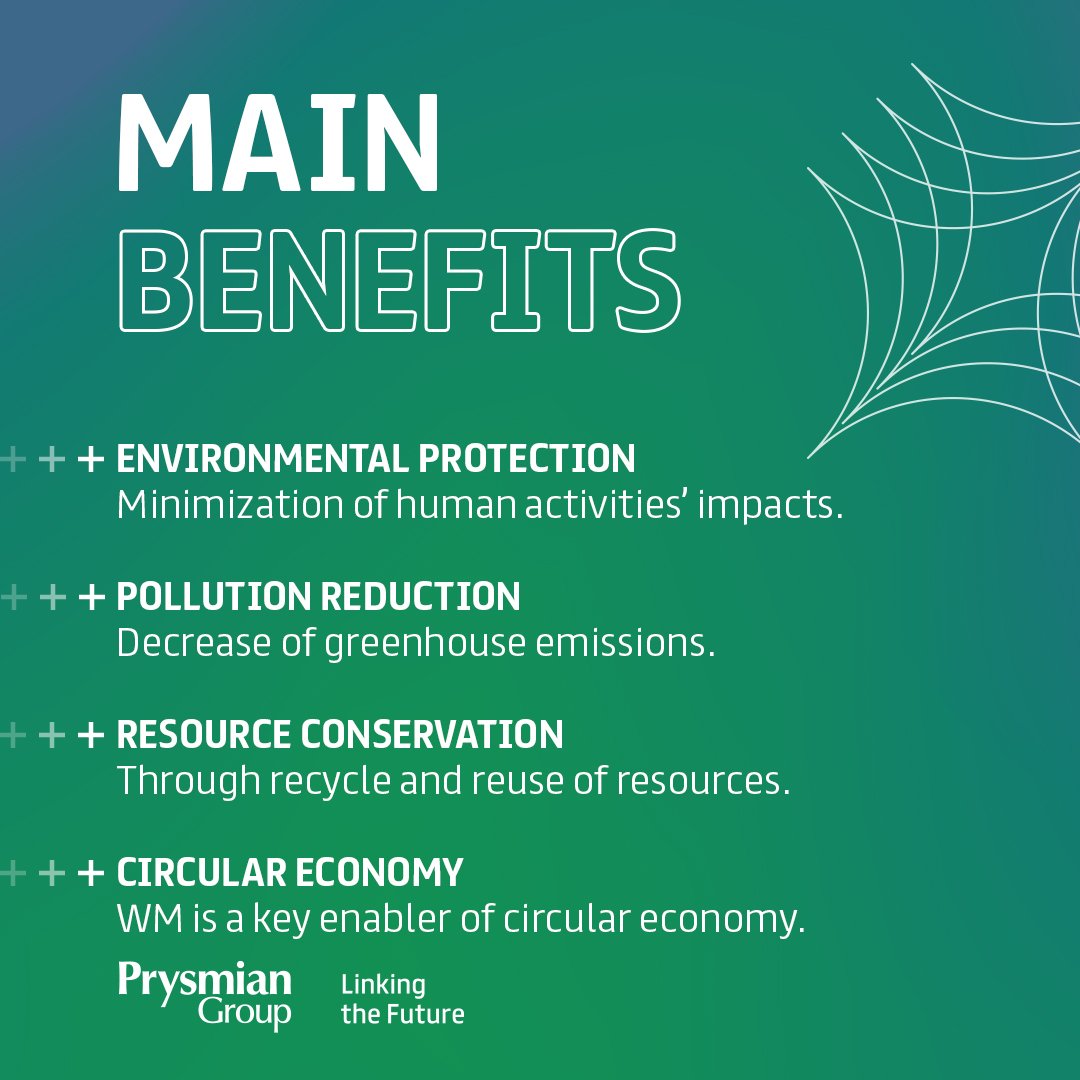The Only Guide for Reclaim Waste
The Only Guide for Reclaim Waste
Blog Article
The Ultimate Guide To Reclaim Waste
Table of ContentsThe smart Trick of Reclaim Waste That Nobody is DiscussingSome Ideas on Reclaim Waste You Should Know3 Simple Techniques For Reclaim WasteNot known Details About Reclaim Waste Getting The Reclaim Waste To WorkHow Reclaim Waste can Save You Time, Stress, and Money.

Never put dangerous compounds down sinks, commodes or stormwater drains pipes Compounds consisting of petroleum, oil, oil, chemicals and herbicides, and solvents such as paint pole dancers should not be poured down sinks, commodes or stormwater drains pipes. These materials are challenging to get rid of in the sewer treatment process and trigger contamination issues in our local waterways.

Although fluid waste is a term that covers a wide selection of materials, there's an excellent reason that leaving its disposal to the experts is advised. Fluid waste is non-solid product that has no additional usage and must be treated and disposed of according to regional, state and government laws.
The 45-Second Trick For Reclaim Waste
Instances of liquid waste can consist of wastewater, fats, oils or grease, made use of oil, liquids, solids, gases or sludges and harmful house liquids, there are some that are considered to be more harmful than others when it comes to the atmosphere and the wellness of pets and people alike. It's for this reason that each state and area have actually rigorous regulations linked to fluid waste management.
Liquid waste can be kept in holding containers or packaged in drums, intermediate bulk containers or accepted small containers before either being dealt with or removed using outsourced vacuum cleaner vehicles. Provided the nature of the materials, fluid waste can not enter the basic waste stream and there are stringent laws on exactly how to take care of it correctly.
(https://hearthis.at/leon-aube/set/reclaim-waste/)Depending on a resolution of the level of threat, it may be necessary to remediate those websites. On top of that, hazardous liquid chemical wastes are controlled waste and must be tracked in conformity with the state waste regulations. Under the chain of guardianship and obligations, owners are accountable and responsible for waste generated by a business.
One of the core applications for superabsorbent polymers (SAPs) is fluid waste solidification. liquid waste disposal. SAPs are made use of by waste management experts to avoid possibly unsafe fluids from going into rivers, groundwater aquifers, and various other delicate settings. Since liquids can swiftly move pollutants right into environmental receptors and potentially contribute to geotechnical failings, fluid wastes are usually restricted from disposal in landfills
Our Reclaim Waste Diaries
Essentially, complimentary liquids are liquids that separate from the solid portion of waste material. Fluid waste can consist of the following: HDD mud and cuttings Landfill leachate Wastewater therapy sludge & biosolids Dug up sediments Oil and gas drill cuttings Settling fish pond filth Hydro Excavation slurry Coal burning residuals/ash Container bottom sludge Concrete grinding/polishing slurry Associated Post: For a functional instance of free liquids separating from waste product, take into consideration the adhering to scenario: A waste management professional loads a dump truck with sludge from a wastewater treatment plant's aeration basin, throughout a regular maintenance event.
When the vehicle driver shows up at the landfill, he notices water seeping from the sludge and putting from the dump vehicle. The load was turned down by the land fill and the chauffeur was compelled to take care of the waste as a fluid waste at a special facility, which increased the disposal costs greatly.
The world is sinking in rubbish and we can't afford to be untrustworthy anymore. We need Recommended Reading to act and reuse whatever we can anywhere we can. We also need to be responsible for the correct disposal of our waste materials. It is not sufficient that we pay waste disposal business to take care of our rubbish.
See This Report about Reclaim Waste

The dreamland is a good outside room with plenty of sunlight and air. Segregate your waste. Segregating your waste can begin inside the home. Set apart completely dry and liquid waste along with edible waste, eco-friendly and non-biodegradable materials. Always keep the cover on your bins to stay clear of bugs, worms, flies, and unpleasant odours.
You can make use of old garbage can, container, yard pot or old plastic drums. Pierce 4 to 5 openings in the container so the air can circulate. Layer all-time low with soil to absorb the wet waste. Begin the composting procedure. Layer the garden compost with damp and completely dry waste in addition to dirt to keep an equilibrium between the damp and the dry.
Reclaim Waste for Dummies
Cover the garden compost bin. As soon as a week, add soil in addition to the garden compost. To assist in faster decay, you can likewise add semi composted dirt to the garden compost. Preserve the compost. If you see the scent is ending up being too solid, include extra papers and paper waste or include more openings to the compost container to keep the balance of the waste products.
The globe is drowning in rubbish and we can not pay for to be reckless anymore. We need to act and reuse whatever we can wherever we can. We additionally need to be liable for the appropriate disposal of our waste products. It is insufficient that we pay garbage disposal companies to look after our rubbish.
Our waste, our duty. Have you ever before wondered what occurs to your fluid waste after it's collected? Did you understand that liquid waste can be reused?
The 6-Second Trick For Reclaim Waste
Segregating your waste can begin inside the home. Set apart completely dry and liquid waste as well as edible waste, naturally degradable and non-biodegradable products.
You can utilize old garbage can, bucket, garden pot or old plastic drums. Drill four to five holes in the container so the air can flow. Layer the base with dirt to absorb the damp waste. Beginning the composting procedure. Layer the compost with wet and dry waste along with dirt to preserve an equilibrium between the damp and the dry.
Cover the compost container. When a week, add dirt in addition to the compost. To promote faster decomposition, you can likewise include semi composted dirt to the garden compost. Preserve the garden compost. If you discover the odor is becoming also strong, add additional newspapers and paper waste or include more holes to the garden compost container to maintain the balance of the waste products.
Report this page